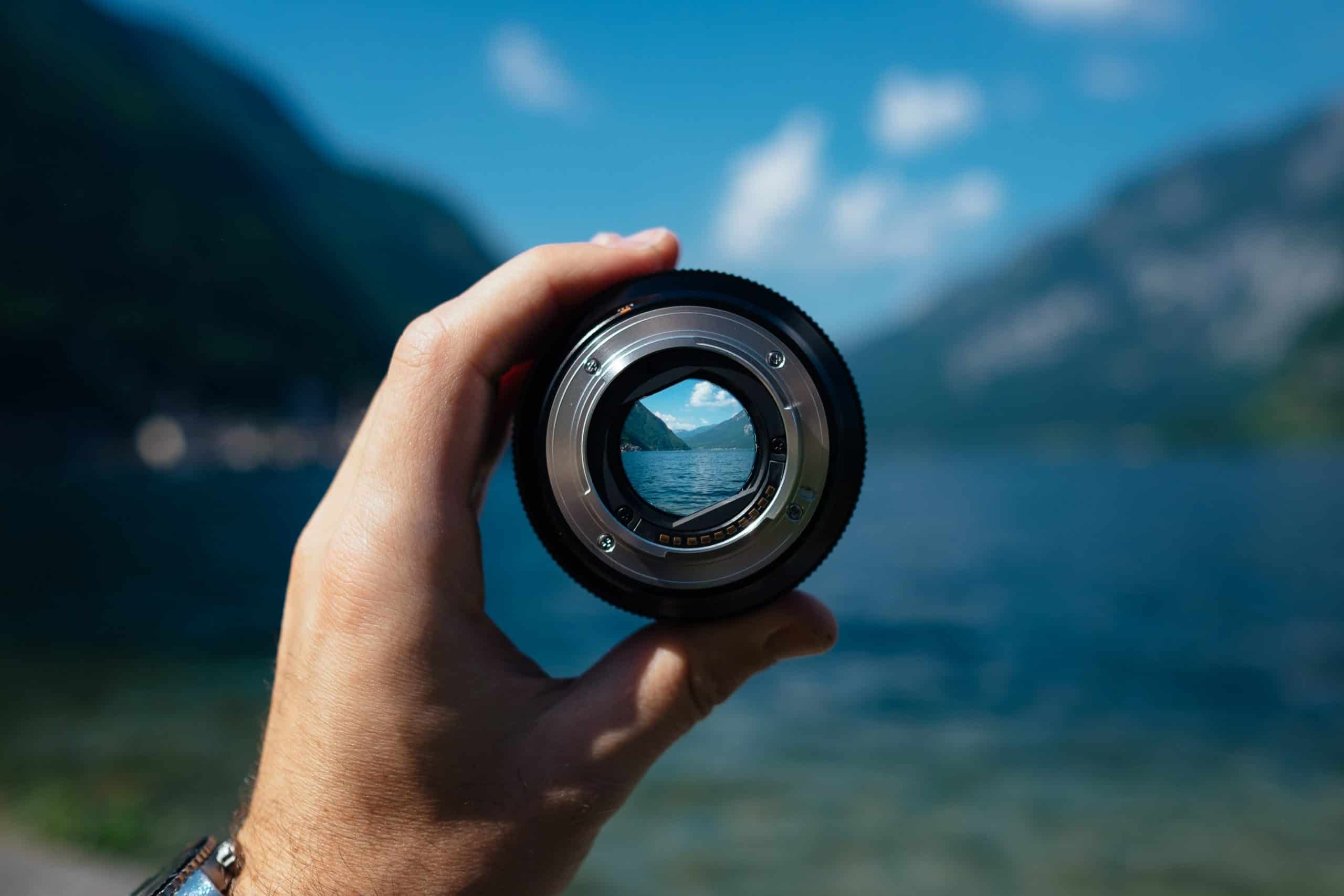Updated 12 April 2020 (first published in April 2018)
The sharp rise in stress & anxiety over recent years are two of the biggest reasons why meditation has become so much more popular in the West. People, me included, are simply looking for solutions that work.
Stress responses (which I will now refer to as “stress” for the rest of this post) affect our sleep, focus, creativity, relationships and all of the other things we discuss at M:U. A few years ago I was so stressed and overwhelmed that I couldn’t sleep. I turned to meditation out of desperation, and then realised what a powerful toolkit it offered.
What is stress and how is it different from anxiety?
Stress occurs when we feel threatened. The definition of an acute stress response a.k.a. fight or flight response is “a physiological reaction that occurs in response to a perceived harmful event, attack, or threat to survival”. Our nervous system releases hormones that are designed to help us survive.
Adrenaline increases heart rate, increases blood pressure, enlarges our pupils and redistributes blood to the muscles. Our instincts turn on and conscious thinking is suppressed, we’re in maximum survival mode. Cortisol provides the body with glucose, increasing energy to fight or flee a stressor.
We need stress to help keep us alive and a bit of pressure helps us get things done. In that sense, stress itself is not a bad thing. The problems start when stress responses are being fired too often or too severely, or even worse — both. Increased heart rate, increased blood pressure, increased blood sugar levels… over and over again and the baselines rise. See where this leads?
Anxiety is one possible reaction to that stress, where the threat may be gone but the feeling of fear or worry it has created persists. It can also be triggered by the memory of a previous threat. Anyone who’s suffered anxiety attacks knows how utterly crippling they can be.

Image via Nikko Macaspac
Where does meditation fit in?
There’s more research available on meditation and stress than any other meditation related area. I’ll touch on two of the most well known, with links to further information embedded in the text.
One: Dr Herbert Benson, a medical doctor, Harvard Medical School professor and founder of the Mind/Body Medical Institute at Massachusetts General Hospital was one of the first Western scientists to study meditators and a true pioneer in mind body research.
He coined the term “the relaxation response” and showed that some meditative techniques can play a significant role in reducing stress responses. I’ll explain how shortly.
Two: the work of professor Jon Kabat-Zinn , who developed Mindfulness Based Stress Reduction (MBSR) at the University of Massachusetts Medical Center. Have you seen 8 week mindfulness courses advertised? The chances are that they’re based on this methodology. MBSR has repeatedly been proven to be effective in reducing the frequency and severity of stress responses. Most Western mindfulness meditation approaches are based to some degree on MBSR.
There’s lots more robust research that I won’t go into here in the interests of brevity. The most significant recent statement was from the American Heart Association, who made their 1st ever statement on meditation in September 2017: “meditation may decrease risk of heart disease”. As non-committal as that is, M:U’s clinical advisor Shere Ruano assures me that when the American Heart Association (AHA) make a statement it’s very credible and a very big deal amongst medical professionals.
The chairman of the group of cardiovascular disease experts at the AHA reviewed 57 studies which led to the organisation making that statement, Glenn N. Levine M.D, said ”There is a good deal of research on the effects of meditation on stress… but research is more limited on meditation and heart health.”
How does meditation make a difference?
Dr Benson defines the relaxation response as “your personal ability to encourage your body to release chemicals and brain signals that make your muscles and organs slow down and increase blood flow to the brain”. In other words, counteracting some of the effects caused by adrenaline and cortisol.
So, how do we trigger the relaxation response? In meditation it’s primarily through significantly slowing down our bodies’ metabolism through slow, abdominal breathing and/or focusing on a single object or phrase. That’s why Netflix and a glass of wine, whilst it may feel relaxing, usually isn’t enough to help us access proper rest.
The good news is that in most meditative practices our breath will slow down as a by-product of whatever else is going on, so most approaches will trigger this response. MBSR based approaches certainly fall into this category.
The added benefit with mindfulness based approaches is that they can also help reduce anxiety, because they systematically train ability to choose responses more consciously and develop ability to direct our mind to the present moment. That training and development leads to physical changes in our brain. It’s not metaphorical, it’s just like training and changing the size and strength of specific muscles through targeted exercise. There’s more on how all of that works in my article here.
To help alleviate anxiety, moving meditations or movement based practices are potentially better than stillness based meditations, as they are more effective at getting us out of our heads. Examples would be anything from a gentle yoga practice to a walking meditation to going for a light run. If it has to be a sitting or lying down practice, then body scanning is the one to go for.

Image from our friend Alessandro Sigismondi
Practical solutions
Generally speaking, the more consistently we meditate the more we counteract the effects of stress and anxiety and simultaneously develop our effectiveness in dealing with them, so there’s a double benefit!
Beyond that, the following ideas have been discussed in our sessions:
Coherent breathing: this is a great technique to use before entering a situation that you know may cause a stress response or trigger anxiety such as an important work presentation or going into an uncomfortable social situation. Here’s a brief explanation of how to do it and here’s a detailed explanation if you want to nerd out on it.
Managing transitions: I use this one whenever I remember. When I’m moving from doing one type of thing to another, e.g. I just finished writing and am going to a meeting, I try to pause for 2–3 minutes, take a number of slow, full breaths and then I re-clarify my intention for the next activity. It might sound “wishy washy” but what I’m doing is 1. activating my healing systems to counteract stress effects and 2. re-focusing my attention, as it’s pretty prone to distraction!
To go deeper in an accessible way I recommend the following books:
Full Catastrophe Living and Wherever You Go, There You Are — by Jon Kabat-Zinn
A Mindfulness Guide for the Frazzled — Ruby Wax (trust me, she’s incredibly well qualified in every sense to write this book!)
Let me know your favourite or most effective approaches to stress and anxiety? (I mean the non-destructive ones i.e. outside of drugs and alcohol, which mostly tend to stimulate our nervous system rather than truly relax it).



